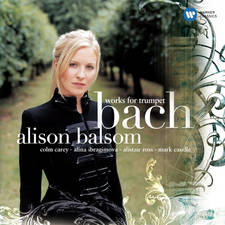Earliest piece of polyphonic music discovered in British Library
30 December 2014, 17:07 | Updated: 30 December 2014, 17:10
A tenth-century manuscript has been found to contain the earliest known example of music written for more than one part.
The music is a chant dedicated to Boniface, the patron saint of Germany and was discovered by Giovanni Varelli, a PhD student from the University of Cambridge.
Previously, the earliest known example of polyphonic music – music written for more than one part – was in The Winchester Troper, which dates from the year 1000.
Varelli, who was working as an intern at the British Library when he made the discovery, said: “What’s interesting here is that we are looking at the birth of polyphonic music and we are not seeing what we expected.
“Typically, polyphonic music is seen as having developed from a set of fixed rules and almost mechanical practice. This changes how we understand that development precisely because whoever wrote it was breaking those rules. It shows that music at this time was in a state of flux and development, the conventions were less rules to be followed, than a starting point from which one might explore new compositional paths.”
The music, which is based on plainsong, was written before the invention of the stave and was drawn at the end of a manuscript of the Life of Bishop Maternianus of Reims.
Varelli’s research suggests the music comes from the year 900 and was written somewhere in what is now north-west Germany.
In the video, the music is performed by Quintin Beer and John Clapham, both music students at Cambridge University.


































